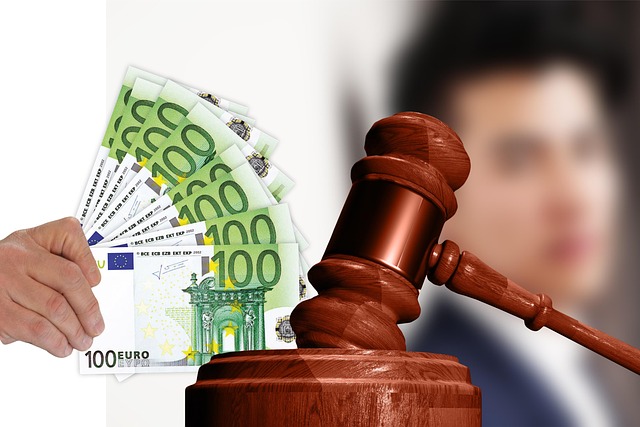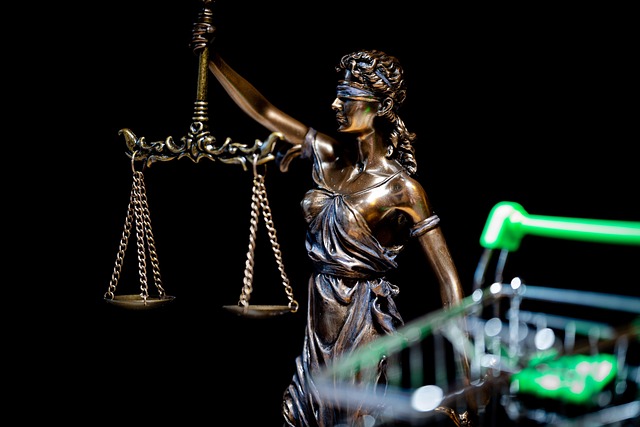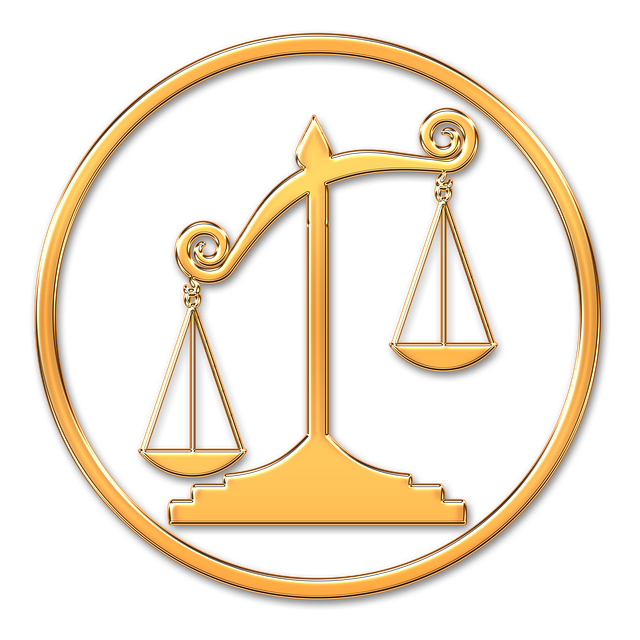Whistleblower Protection Lawsuits are crucial for justice in white-collar crime cases, offering a specific Timeline for Post-Conviction Relief Process to challenge convictions and sentences within set deadlines. This process, often complex, requires specialized legal representation to navigate appeal rights and improve outcomes for those wrongfully accused or facing retaliation for exposing illegal activities.
Whistleblower protection lawsuits play a pivotal role in upholding justice and transparency. These legal actions empower individuals who expose fraudulent or illegal activities within organizations, safeguarding them from retaliation. Understanding whistleblower protection laws is crucial, especially the timeline for filing post-conviction relief. This article delves into the process, guiding you through the key stages after a conviction, ensuring whistleblowers can seek justice and receive the relief they deserve, in accordance with the post-conviction relief process.
- Understanding Whistleblower Protection Lawsuits
- Timeline for Filing Post-Conviction Relief
- Navigating the Relief Process After Conviction
Understanding Whistleblower Protection Lawsuits

Whistleblower Protection Lawsuits are a crucial aspect of the legal landscape, especially in high-stakes cases involving white collar crimes. Understanding these lawsuits is essential for both those who may be considering coming forward as whistleblowers and for the broader public interested in the role of transparency in governance. The process typically involves a meticulous timeline for post-conviction relief, where individuals who have been wrongfully accused or face retaliation for exposing illegal activities can seek redress.
These lawsuits play a pivotal role in protecting those who expose corporate or government misconduct, ensuring they are not victimized for their efforts. In the realm of white collar defense, whistleblowers often find themselves at odds with powerful entities, including corporations and well-connected individuals. However, the legal framework is designed to encourage disclosures by offering protection against retaliation, such as termination, harassment, or criminal charges. This mechanism fosters a sense of accountability within philanthropic and political communities, ensuring that power is exercised responsibly.
Timeline for Filing Post-Conviction Relief

The timeline for filing post-conviction relief—a legal process that allows individuals to challenge their convictions or sentences after a final judgment—is crucial in navigating whistleblower protection lawsuits. In most jurisdictions, there is a limited time frame, typically ranging from 90 days to one year, to initiate this process following the discovery of new evidence or an error in the initial trial. This strict deadline emphasizes the importance of prompt action for those seeking to avoid indictment and protect their respective business interests.
Understanding the clock is ticking is vital when pursuing post-conviction relief. Failure to file within the prescribed timeline can result in a waiver of the right to challenge the conviction, making it significantly more challenging to rectify potential injustices. Therefore, individuals involved in whistleblower cases should consult with a dedicated general criminal defense attorney who can guide them through this intricate process and help ensure they meet all deadlines, thereby increasing their chances of a favorable outcome.
Navigating the Relief Process After Conviction

After a conviction, navigating the relief process can be complex and demanding for whistleblowers. The timeline for post-conviction relief typically involves several key stages. Initially, individuals have the right to appeal their conviction within a specified timeframe, usually set by the jurisdiction’s laws. This appeals process allows for legal challenges based on procedural errors or disputes over evidence during trial.
Successfully navigating this phase can lead to a retrial or, in some cases, an overturned conviction. For whistleblowers with an unprecedented track record of exposure to white-collar crime, understanding all stages of the investigative and enforcement process is crucial. Legal representation specializing in whistleblower protection lawsuits is essential to guide through these complexities, ensuring the best possible outcome and minimizing the impact of a conviction.
Whistleblower protection lawsuits play a pivotal role in ensuring that individuals who expose illegal activities within organizations receive fair treatment and legal recourse. Understanding the timeline for filing post-conviction relief and navigating the subsequent relief process is crucial for those seeking to rectify past injustices. By familiarizing themselves with these steps, whistleblowers can increase their chances of achieving justice and fostering a culture of accountability in their respective fields.






